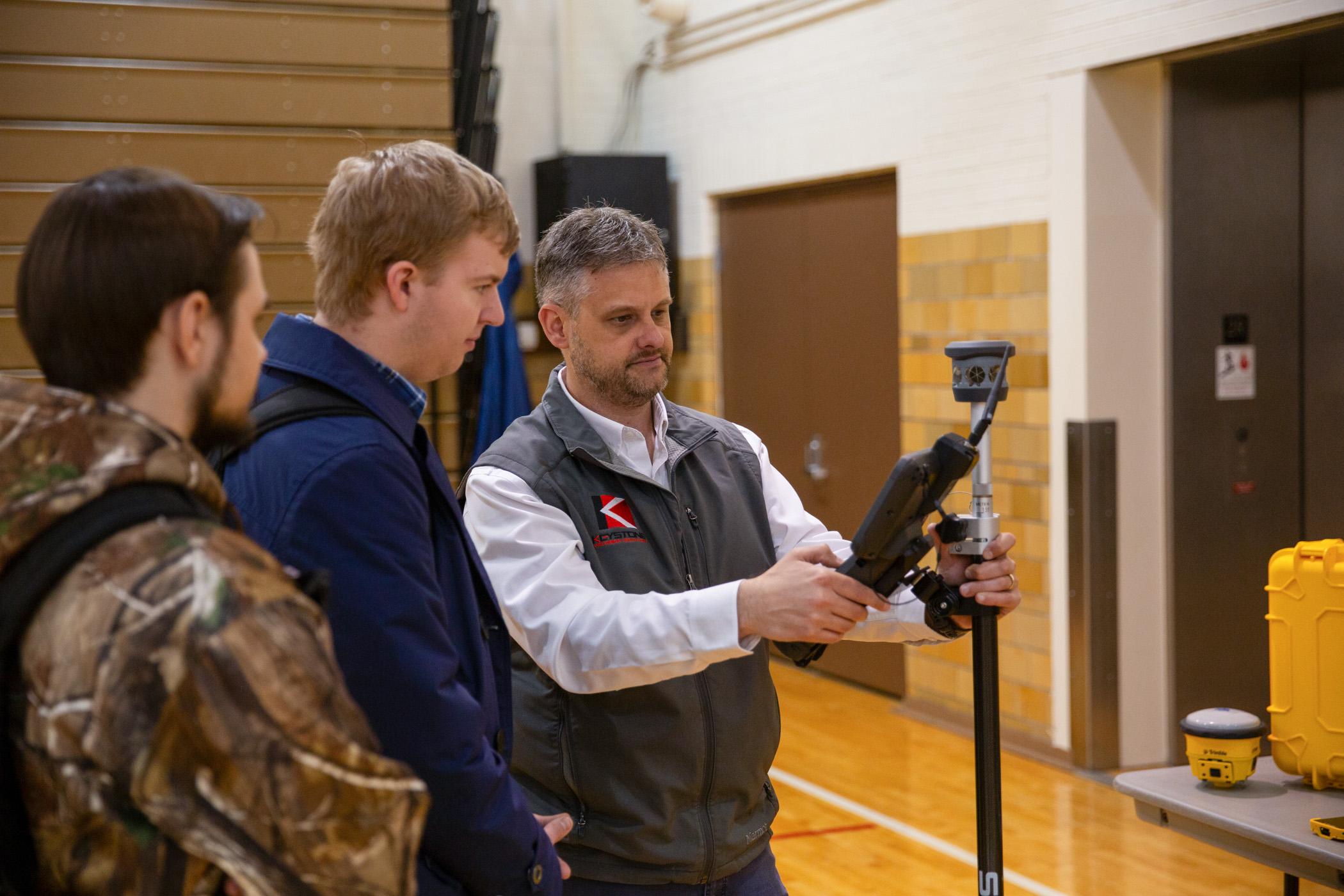Dr. Scott Zoldi, the chief analytics officer at FICO, has been working in the field of artificial intelligence for over 25 years. He believes that mistakes are being made due to the lack of critical questioning and understanding when it comes to machine-learning models. He cautions others in the industry not to get too comfortable with AI, as he is concerned that new adopters are using models without being able to explain how they work, leading to the introduction or perpetuation of biases that can harm customers.
To address these concerns, Zoldi has recently submitted patents that focus on transparency in AI model development. The first patent, which has been granted, involves codifying AI model development in a blockchain to create an immutable record of the work done. This record shows when mistakes were made, rejected, and remediated, providing much-needed transparency.
Zoldi is also focused on educating future generations of experts in the field. He was the executive sponsor of the first FICO Educational Analytics Challenge, which partners with historically Black colleges and universities to train students to work with complex data. The challenge focuses on identifying and mitigating biases in data, with plans to tackle payment fraud data in the future.
In addition to his work in AI education and transparency, Zoldi is also focused on ensuring that models are built ethically and responsibly. He believes that transparency is crucial in preventing biases and mistakes in AI model development and encourages others in the industry to adopt a similar approach.
Overall, Zoldi’s message is clear: while AI has great potential for improving our lives and businesses, it must be approached with caution and ethical considerations. By focusing on transparency and responsible model building practices, we can ensure that AI benefits everyone equally and avoids perpetuating harmful biases or making costly mistakes.



